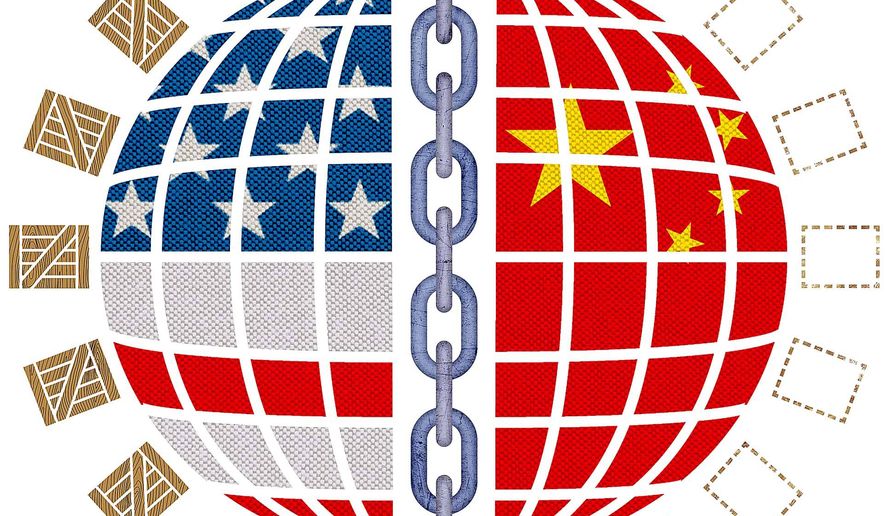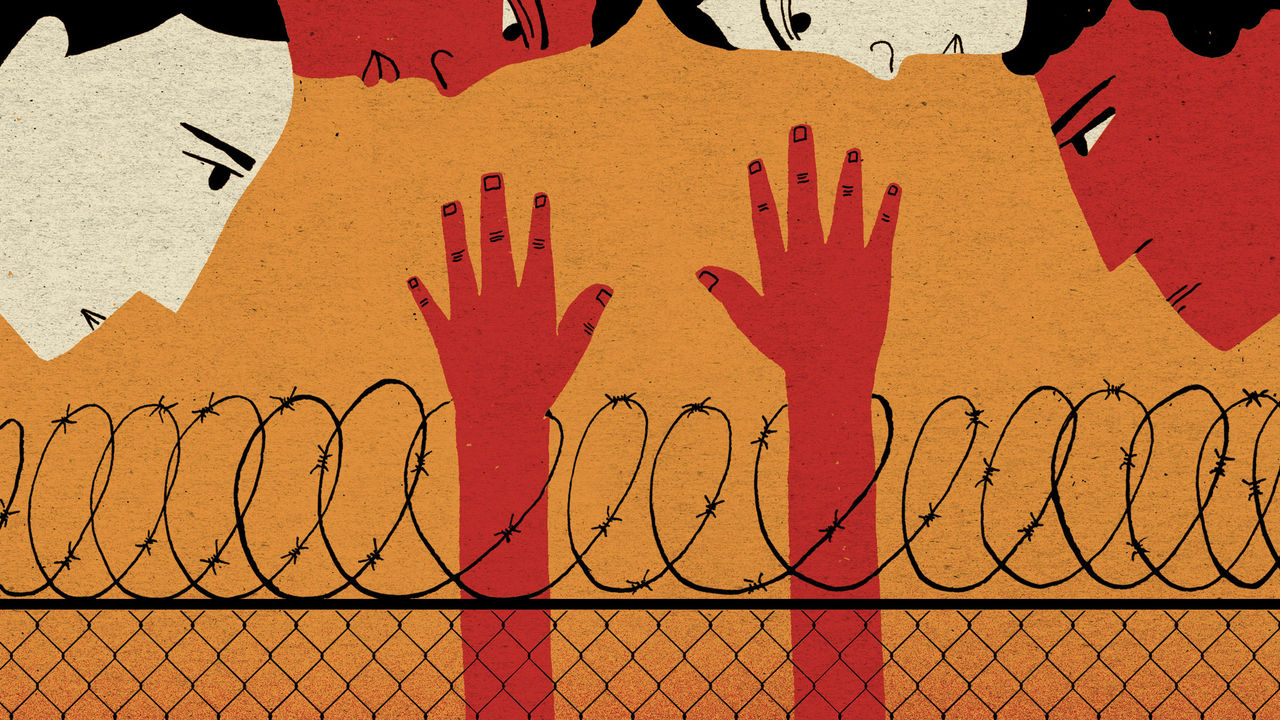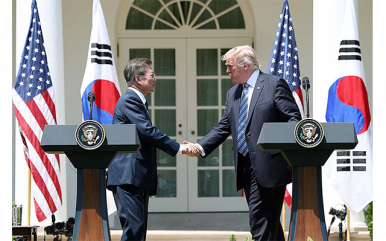By Kanchan Chandra
In August, former Indian Prime Minister Atal Bihari Vajpayee died at the age of 93. India’s first prime minister from the Bharatiya Janata Party (BJP), Vajpayee is often held up as an exemplar of moderate Hindu nationalism, especially in contrast to the current prime minister, Narendra Modi, who espouses a more strident ideology. Vajpayee’s obituaries have been written as obituaries not only of the man but also of that ideological moderation.
Yet what has gone unnoticed in Vajpayee’s death is the passing of an older, pluralist idea of India. In 1997, the historian Sunil Khilnani described "the idea of India,” usually attributed to the country’s first prime minister, Jawaharlal Nehru, as an imagined secular, pluralist, polity that belonged to all Indians and not to any one group. In particular, India did not belong to the Hindu majority, which constituted 80 percent of the country’s population according to the last official census. It was this secular idea that created India in 1947, not as the Hindu mirror of a Muslim Pakistan, but as the pluralist opposite of majoritarian nationalism.


















/arc-anglerfish-arc2-prod-mco.s3.amazonaws.com/public/FBXQXJRW3FBTDBOAGIG42NAA6M.jpg)